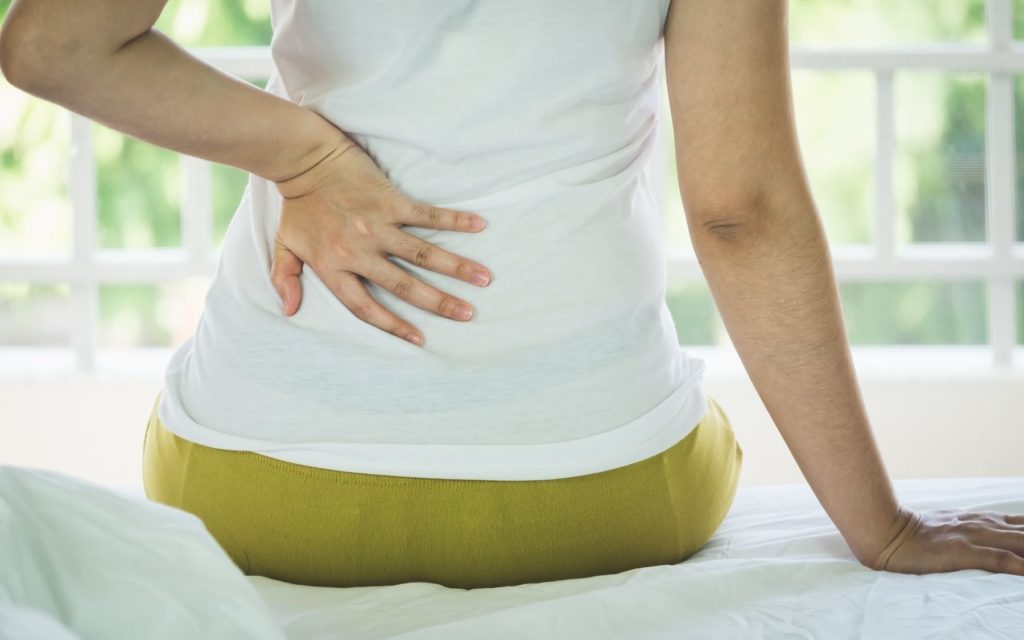A herniated disc has a number of different names that it can be referred as:
- Bulging disc
- Ruptured disc
- Slipped disc
A herniated disc occurs when the inner section of the spinal disc pushes through the outer section of the disc. If the disc pushes on the nerve it can become very painful. Some patients will notice improvement rest, pain killers and gentle exercises/stretches.
Here is a list of the most common symptoms that patients experience:
- Back or neck pain
- Numbness and tingling in the lower or upper limbs
- Reduced mobility
- Weakness
- Pain in the buttock, hips and legs (this could suggest sciatica)
If it important to note that not all back pain is caused by something serious, such as a sprain strain. Many people will experience no symptoms with a herniated disc and never know that they have the condition.
A herniated disc can be caused by a number of different factors, including:
- Age
- Exercising too hard
- Lifting incorrectly
- Being overweight
- Lack of activity
If you suffer from a herniated disc then it is a good idea to stay active and make sure that you stay on top of your pain medication. If the pain continues to get in the way of normal day to day activities it may be a good idea to go and see you GP. They can prescribe stronger pain medication or steroid injection to help bring down the inflammation and reduce symptoms.
If these treatments do not work you may need to have further investigation, such as an MRI scan. Surgery is only offered to a small number of patients if they have had no to response from other treatment options and symptoms continue to get worse.
If you have a herniated disc and would like to talk to a member of our team please contact us on 01157 722004 or email dorothy.robinson@bmihealthcare.co.uk
This article is intended to inform and give insight but not treat, diagnose or replace the advice of a doctor. Always seek medical advice with any questions regarding a medical condition.




0 Comments